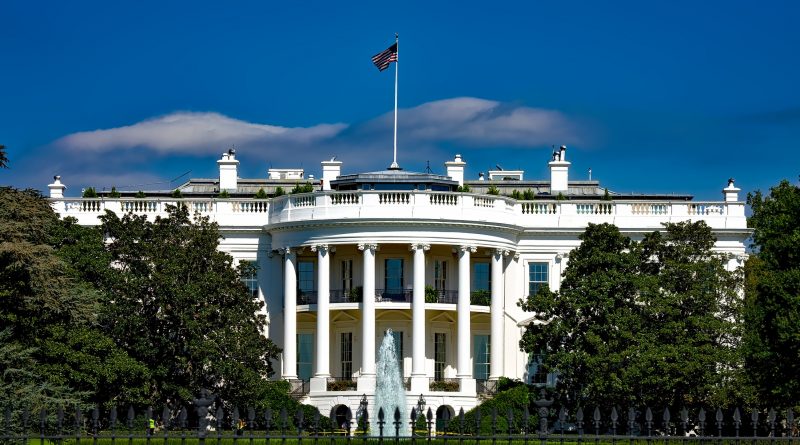Should the Opinions of Foreign Leaders Matter in U.S. Elections?
Patrick T. Condon
Staff Writer
The recent November election in the United States shed light on the near future of the U.S.’s international involvement. In many ways, the future of many trade agreements depended on this election, with certain doom guaranteed from a Trump victory. However, even as Biden came out on top, there was not necessarily a wave of hope and certainty for many foreign leaders, states NPR. With the U.S. becoming increasingly involved with military operations abroad and a member of international agreements, it is made obvious that this election reaches far beyond the borders of the United States. However, because the U.S. is entrenched internationally and, in many countries, domestically, does that validate the input of foreign leaders into the 2020 election?
Due to the convoluted and interconnected nature of the international community, there is no easy answer to whether a foreign leader’s views should be taken into account in U.S. elections. However, U.S. Presidents’ views are often considered in foreign elections. In the 2018 Brazilian election, for example, Trump’s views from economic growth to climate change arguably qualified President Jair Bolsonaro’s victory. ABC News notes Bolsonaro needs Trump to win in 2020 to legitimize the Brazilian presidency. While the degree to which Trump’s direct influence is not as strong, it signifies the almost ‘supreme’ view of the American President’s views. In the future, the Biden presidency too will signal many international policy views to be accounted for in foreign elections in the next four years.
The most significant of these foreign leaders’ views, if they will be considered, would most likely come from the U.S.’s European allies. Even now, as a second COVID-19 wave sweeps across the continent, Europeans worry about short-term economic and health effects as well as the long-term agreements made with the U.S. After the Trump Administration departed from international agreements like the Paris Climate Accord and the Iran Nuclear Agreement (JCPOA), a mandate to rejoin those agreements formed for the Biden presidency. According to CNN, German Chancellor Angela Merkel and French President Emmanuel Macron led the push for a Biden presidency, arguing that “Europe should maintain good relations with the U.S., but prepare for disengagement.”
As European leaders hope for a Biden presidency to strike equitable trade agreements, a list of other foreign leaders come into play on the topic of human rights. Time states that with a Biden presidency, Mexico, South Korea, South Africa, Australia, and many other countries will find more cooperation on human rights issues, which were previously unacknowledged by the Trump administration. However, with a Trump presidency, China, Russia, Brazil, Saudi Arabia, and many other nations who have committed grave human rights abuses since 2016, would have benefited from continued silence for another four years.
Possibly the largest divide between Trump and Biden in key international issues is their approach to addressing the history of human rights abuses under many foreign administrations endorsed by President Trump. In this way, the human rights abuses under the Xi, Putin, Bolsonaro, and Salman governments might have been overlooked even further with these leaders’ opinions muddying the waters between just and unjust foreign opinions.
As Biden pledged to scale back many of Trump’s aggressive policies towards foreign adversaries, he also denounced human rights abuses in places Trump seemingly turned a blind eye. If the U.S. election factored in foreign opinion on a President’s condemnation of human rights abuses, leaders of many countries who commit human rights abuses would be silenced. However, if the U.S. election factored in the opinions of foreign leaders of a President’s favorable opinion on trade agreements, many European leaders’ voices would be lifted.
With the seemingly contradictory statements made, it appears that foreign opinion would only muddy the already complicated waters of the U.S. election cycle. Therefore, it may be best for candidates to disregard the claims of foreign leaders. Perhaps though, because the U.S. may only progress in the international community by participation in a diverse field of international agreements, the views of foreign leaders should be acknowledged, at least for the betterment of the American people.



